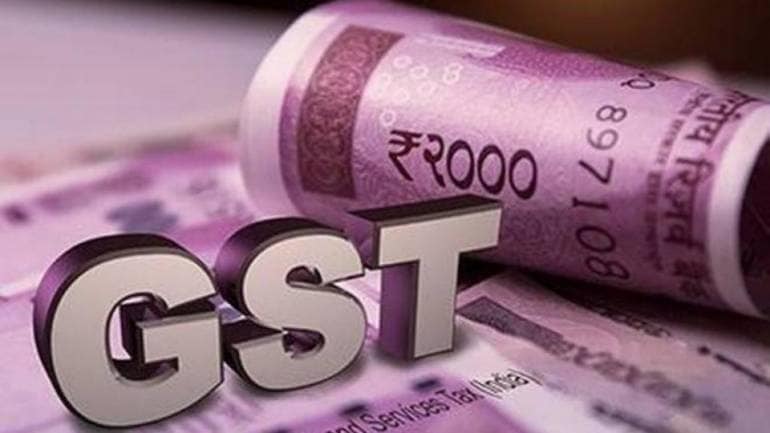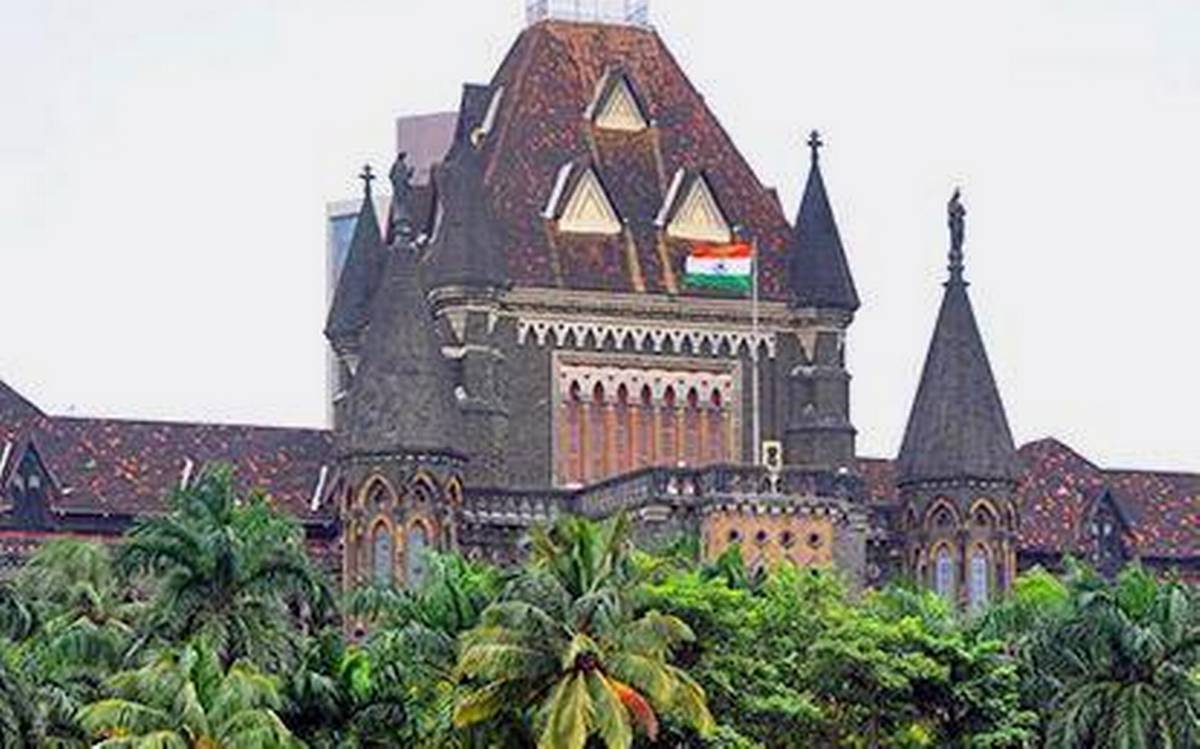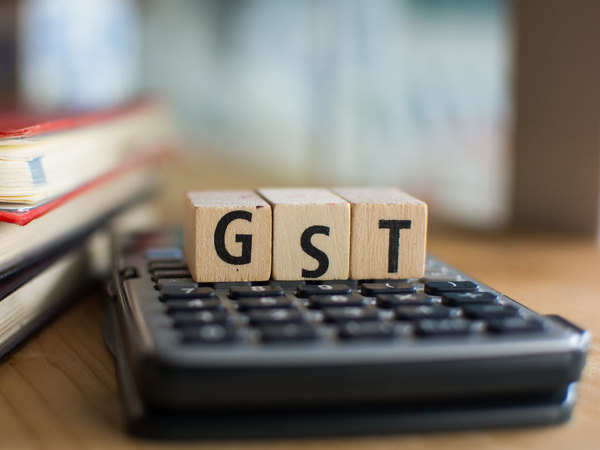With the Centre agreeing to borrow Rs 1.1 lakh crore from a special window of the Reserve Bank of India (RBI) and on-lend it to the states, some of the seven states that disagreed to the initial plan might now sign on.
The Kerala government on Saturday cancelled its high-level meeting to discuss a legal option to resolve the Goods and Services Tax (GST) compensation cess issue, days after Union finance minister Nirmala Sitharaman said the central government will borrow Rs 1.1 lakh crore from the market on behalf of states and pass the same as a loan to them.
The move indicates that the Kerala government — one of the seven dissenting states that had objected to the Centre’s previous borrowing options for meeting the GST shortfall and had threatened to approach the Supreme Court over the matter — is softening its stand on the issue.
“Kerala’s CM puts away scheduled high level meeting to discuss approaching SC [Supreme Court] on GST issue, in the light of new initiative by Union FM. Having amicably settled question of who should borrow, we hope she will address question of how much to borrow through dialogue with state FMs,” Kerala finance minister Thomas Isaac said in a tweet on Saturday.
A Union finance ministry official said the Centre and the GST Council, the apex federal body for the indirect tax, are open for discussions. “Members can raise any issue in the Council that would be discussed. But, stopping willing states from borrowing was not possible under Article 293,” the official said requesting anonymity.
On August 27, the Centre had given states the choice of borrowing Rs 97,000 crore (the shortfall resulting from GST implementation issues) without having to pay principal or interest or the entire estimated Rs 2.35 lakh crore revenue deficit from the indirect tax (including that arising from the Covid-19 pandemic) projected for this fiscal year. The Rs 97,000 crore amount was subsequently raised to Rs 1.1 lakh crore on October 5.
Some states objected and insisted the borrowing would have to be done by the Centre. While 10 states originally opposed the plan, this number came down to seven by Wednesday, with some saying they would consider legal options. The seven dissenting states were: Chhattisgarh, Jharkhand, Kerala, Punjab, Rajasthan, Telangana and West Bengal. Puducherry had earlier indicated its preference for the borrowing option, but the Department of Expenditure is yet to receive a formal communication, the official said.
The official said all states would eventually agree as there is “no dispute” and the GST council is committed to resolve “all differences”.
“Borrowing of Rs 1.1 lakh crore is in progress, which will help cash-strapped states. Meanwhile, GST collection is expected to improve in coming months. It will not only reduce the revenue shortfall, but also increase compensation cess collection. A review of financial position in the Council after the third quarter [December] could see significant reduction in the need for further borrowing. This is a dynamic situation and will be reviewed,” the official said.
The GST Council is a federal body, chaired by the Union finance minister, and whose members include the finance ministers of states.This is the body that decides tax rates and other issues related to GST. Until the recent controversy, all its decisions had been arrived on the basis of a consensus.
The Centre’s decision on Thursday followed by Sitharaman’s letter to states softened the stand of some dissenting states on the issue of compensation cess, a state government official said requesting anonymity.
Sitharaman on Thursday wrote to the states, saying: “I am also sensitive to the fact that States need to be protected from the adverse consequences of higher borrowing in the form of interest liability and addition to debt. Under Option-I the Union Government will arrange the borrowing in such a manner that the cost will be at, or close to, interest rate of the Union Government.”
The finance minister’s letter said the Central government faces “very serious” budgetary constraints. “Long-term macroeconomic stability is the responsibility of the Centre; but it is also in the interest of the States who are partners in our system of cooperative federalism. The bona fide opinion of the Central government on this macroeconomic issue is that borrowing on the books of Centre will not be optimal in the national interest,” Sitharaman wrote.
Commenting on the single window borrowing mechanism announced on Thursday, she said, “We have now worked out some key aspects of the special window. Based on suggestions of many States, it has now been decided that the Central government will initially receive the amount, and then pass it on back-to-back to the States as loan. This will enable ease of coordination and simplicity in borrowing, apart from ensuring a favourable interest rate.”
She assured state governments that the entire arrears of compensation will “eventually” be paid to states. She thanked states for their “collaborative” approach that resulted in a “constructive and practical solution” to this issue of compensation cess.
Source: hindustantimes.com
***
[rainbow]Don’t miss the next GST Update / Article / Judicial pronouncement[/rainbow]
Subscribe to our newsletter from FREE to stay updated on GST Law
Resolve your GST queries from national level experts on GST free of cost.
TW Editorial Team comprises of team of experienced Chartered Accountants and Advocates devoted to spread the knowledge of GST amongst the various stakeholders.




